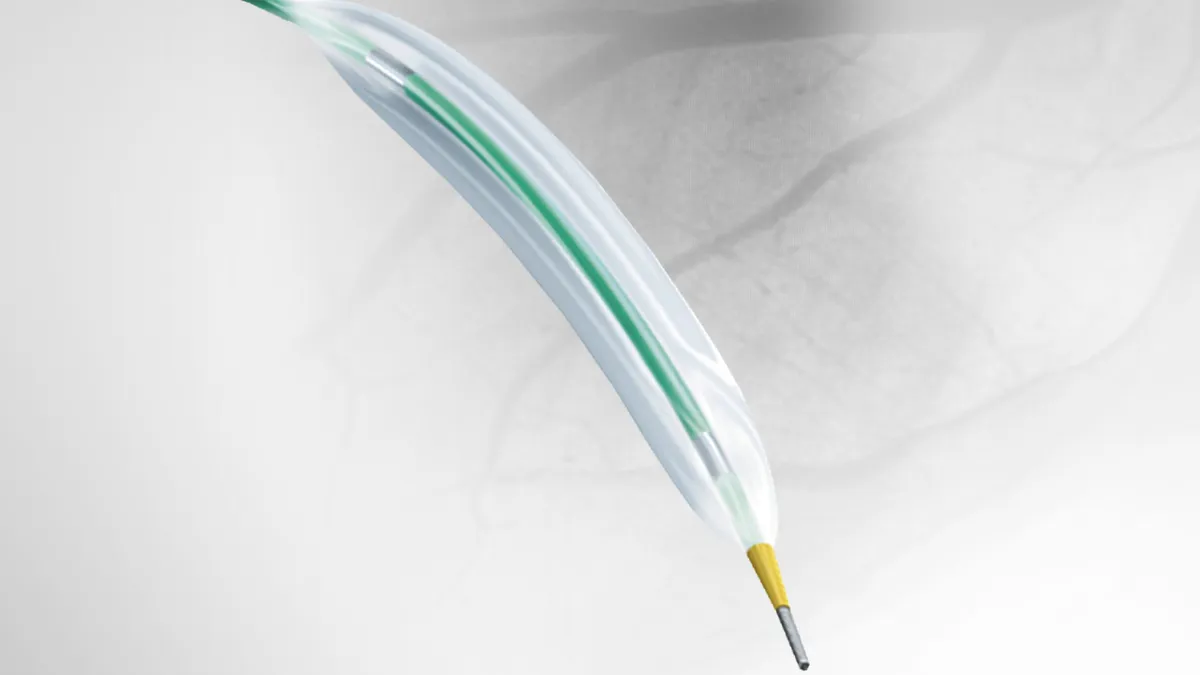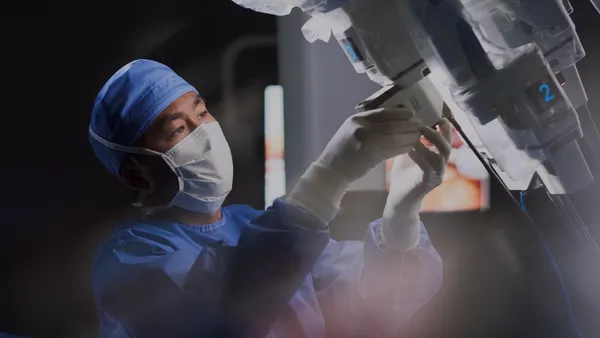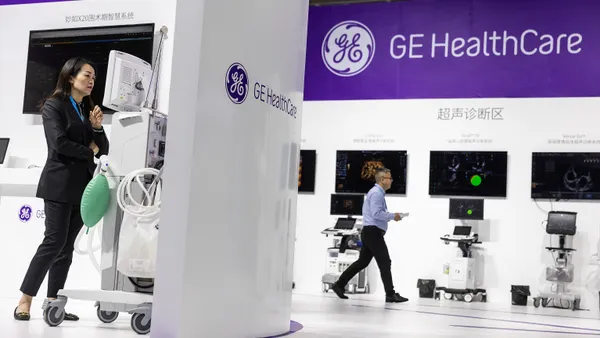Dive Brief:
- Cordis said it struck a deal to acquire MedAlliance for an initial $235 million to add drug-eluting balloons to its portfolio.
- MedAlliance is the Swiss developer of SELUTION SLR, a CE-marked balloon that is coated with sirolimus. The device is an alternative to paclitaxel-coated devices, which are linked to increases in long-term mortality that have spurred regulatory notices.
- Investigators are enrolling people with peripheral artery disease in studies of SELUTION SLR that could lead to the device coming to market in the U.S. As the balloon advances, Cordis could pay up to $900 million in regulatory and commercial milestones, it said in a statement.
Dive Insight:
Concerns about the safety of paclitaxel-coated devices are driving interest in alternatives. Sirolimus and other limus drugs could theoretically fill the same roles as paclitaxel, which stops scar tissue formation that can re-narrow the blood vessel, but they are harder to coat onto devices.
Swiss-based MedAlliance responded to the challenge by making micro-reservoirs from a biodegradable polymer that is mixed with sirolimus. The reservoirs release the drug over time. MedAlliance has developed a second technology to bind the reservoirs to the surface of the balloon and stop them from coming off when the device is inserted and inflated.
Cordis, based in Florida, estimates the technology could serve 2 million patients globally by 2027. The company is paying $235 million to pursue that opportunity. Cordis is making an initial $35 million investment followed by a $200 million payment when the takeover closes next year. The deal also features as much as $125 million in payments tied to regulatory milestones and as much as $775 million in payments linked to commercial events.
In return, Cordis said it will gain control of a device that received CE marks for use in the treatment of coronary and peripheral artery disease in 2020. MedAlliance has secured investigational device exemptions for peripheral below the knee and superficial femoral artery interventions to advance its plans to enter the U.S. market. Clinical trials of the device are underway.
George Adams, principal investigator for the U.S. study, said the device could ”change the treatment paradigm” for patients with cardiovascular and peripheral vascular disease. Adams is director of cardiovascular and peripheral vascular research at Rex Hospital Inc. in Raleigh, NC.











